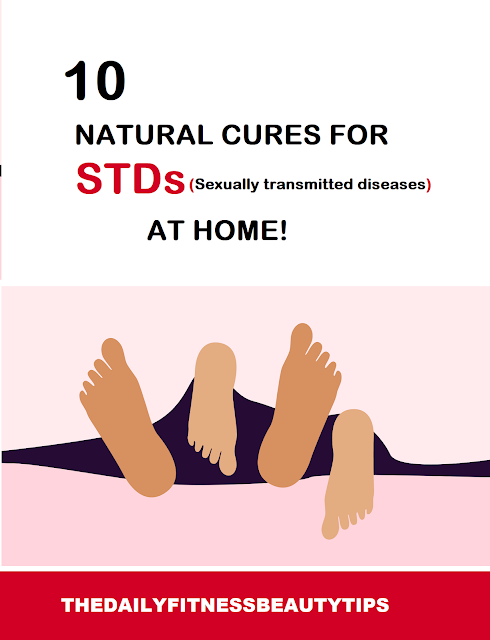Sexually transmitted illnesses (STIs), usually referred to as STDs, are extremely prevalent. In the world, there are millions of new infections every year. The transmission of STDs occurs through anal, oral, and vaginal intercourse.
STDs CAUSES
There are several groups of organisms at play, including bacteria, viruses, and parasites that spread from person to person during sexual activity and result in disease.
STDs TYPES
There are many types of STDs (also called sexually transmitted infections or STIs), including:
- Chlamydia
- Hepatitis
- Herpes
- HIV/AIDS
- Human papillomavirus (HPV)
- Warts
STDs SYMPTOMS
While STD symptoms might vary, the following are potential warning signs:
- Discharge from the penis
- Warts, bumps, or sores close to the genital area, penis, or anus
- Near the vagina, penis, or anus, there may be redness, severe itching, discomfort, or swelling.
- Painful sex.
- Bleeding from the cervix while you are not menstruating.
- Vaginal discharge that smells unpleasant or is different from your typical discharge in terms of volume or color.
NATURAL REMEDIES FOR STDs
HOW TO PREVENT STDs
Practicing safe sex behaviors is key, this begins with knowing your sexual partner well, including their sexual history, preferences, and any behaviors that may raise the risk of STDs, avoiding risky sexual behaviors including engaging in sexual practices with numerous partners, and regularly utilizing barrier protection,
By using the following strategies, you can lower your risk of STDs:
Abstinence. The most effective method of infection prevention is to refrain from having any intercourse, whether it be vaginal, oral, or anal.
Get a vaccine. Consult your doctor about getting an HPV or hepatitis B vaccine.
Reduced number of sexual partners Before engaging in sexual activity with a new partner, get tested jointly and discuss the results.
Take part in monogamy together. This implies that only with your partner can you engage in sexual activity.
Apply condoms. Male latex condoms are quite successful in reducing STD transmission when used correctly and consistently. Other choices are available if you are allergic to latex, although these may have greater breaking rates than latex condoms.

Comments
Post a Comment